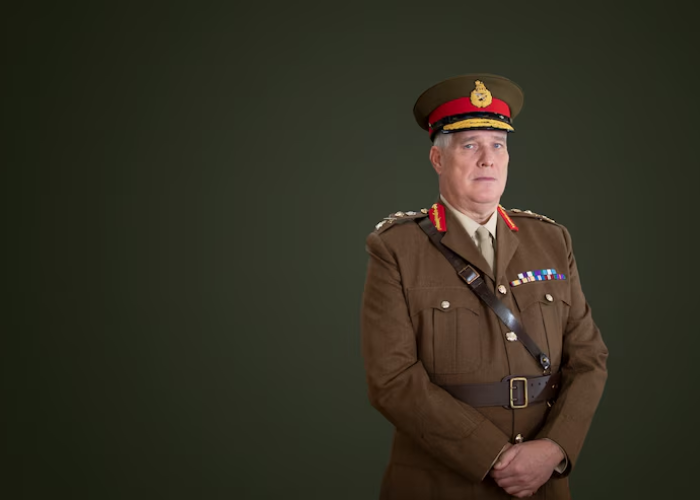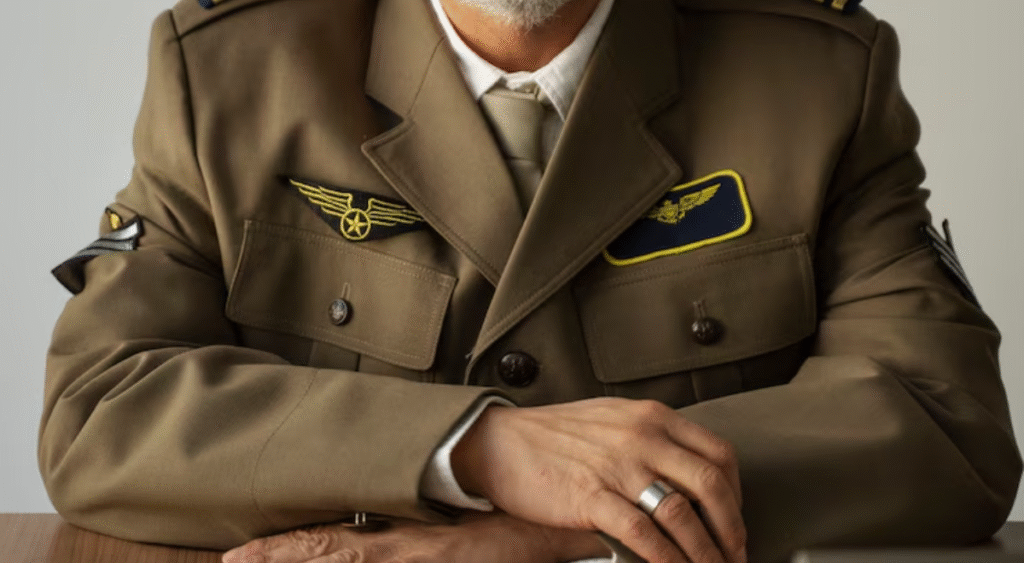
General Ellis is a name that resonates with military history enthusiasts, particularly those interested in the evolution of U.S. military strategy and leadership. This article explores the life, career, and lasting impact of General Ellis, a figure whose contributions have shaped modern military thought. Whether you’re a history buff, a student, or simply curious about influential military leaders, this comprehensive guide will provide valuable insights into who General Ellis was and why his legacy matters.
Who Was General Ellis?
General Ellis, often referred to in military circles for his strategic brilliance, was a key figure in the U.S. military during a pivotal era. While multiple individuals named Ellis have served in high-ranking military roles, this article focuses on General Robert Ellis, a notable figure in 20th-century U.S. military history. Born in the early 1900s, Ellis rose through the ranks to become a respected leader whose work influenced military tactics and national defense strategies.
Must Check:Shia Boy Names: A Comprehensive Guide for Parents in 2025
Ellis’s career spanned critical periods, including World War II and the early Cold War. His ability to adapt to changing warfare dynamics—such as the shift from traditional combat to nuclear and technological strategies—set him apart. His leadership style emphasized discipline, innovation, and a deep understanding of global geopolitics, making him a cornerstone of U.S. military evolution.

Early Life and Military Beginnings
Born in a small American town, General Ellis grew up in an era of economic hardship and global tension. His early life was marked by a strong sense of duty, influenced by family values and a desire to serve his country. After excelling in academics, Ellis entered a military academy, where his aptitude for strategy and leadership became evident.
His initial assignments involved roles in logistics and planning, where he honed his analytical skills. By the time World War II erupted, Ellis was well-positioned to contribute to Allied efforts. His early career laid the groundwork for his later achievements, demonstrating the importance of preparation and adaptability in military success.
Key Contributions During World War II
During World War II, General Ellis played a significant role in strategic planning. He was involved in operations that required meticulous coordination across multiple fronts. His work in intelligence and resource allocation helped ensure that U.S. forces were well-equipped to face Axis powers. One notable contribution was his involvement in the Pacific Theater, where his strategies supported key victories against Japanese forces.
Ellis’s ability to anticipate enemy movements and leverage limited resources earned him accolades from peers and superiors. His emphasis on integrating new technologies, such as radar and early computing systems, foreshadowed the technological revolutions that would define modern warfare.
Post-War Influence and the Cold War Era
After World War II, General Ellis’s career took on new dimensions as the U.S. entered the Cold War. He recognized the importance of deterrence and the need for a robust defense against the Soviet Union. Ellis advocated for advancements in air defense systems and was instrumental in shaping policies that prioritized technological superiority.
His leadership in the development of early missile defense systems showcased his forward-thinking approach. Ellis understood that future conflicts would rely heavily on technology, and his efforts helped position the U.S. as a leader in military innovation. His work during this period also included mentoring younger officers, many of whom went on to become influential leaders themselves.
Leadership Style and Philosophy
General Ellis was known for a leadership style that balanced firmness with empathy. He believed that effective leadership required understanding the needs of soldiers while maintaining a clear focus on mission objectives. His philosophy emphasized:
- Innovation: Embracing new technologies and tactics to stay ahead of adversaries.
- Collaboration: Fostering teamwork across military branches and allied nations.
- Preparation: Ensuring that forces were ready for both conventional and unconventional threats.
This approach not only inspired those under his command but also influenced military doctrine for decades.
Legacy and Impact on Modern Military Strategy
The legacy of General Ellis is evident in today’s military strategies. His emphasis on technology and adaptability is reflected in the U.S. military’s reliance on advanced systems like drones, cyber warfare, and satellite intelligence. His contributions to missile defense laid the groundwork for systems that protect nations today.
Ellis’s mentorship also left a lasting mark. Many of his protégés became key figures in the Pentagon, carrying forward his ideas about leadership and innovation. His influence extends beyond the military, as his strategies for resource allocation and strategic planning are studied in business and leadership programs.

Why General Ellis Matters Today
In 2025, as global tensions continue to evolve, the lessons from General Ellis’s career remain relevant. His ability to navigate complex geopolitical landscapes offers insights for current leaders. His focus on integrating technology into warfare is particularly pertinent as militaries worldwide invest in artificial intelligence and autonomous systems.
For the USA-based audience, General Ellis represents a model of leadership rooted in patriotism and innovation. His story inspires those interested in military history, leadership, or national security, offering a blueprint for addressing modern challenges.
5 Common Questions About General Ellis
1. Who was General Ellis in the U.S. military?
General Robert Ellis was a prominent U.S. military leader known for his strategic contributions during World War II and the Cold War. He played a key role in planning operations and advancing military technology.
2. What was General Ellis’s role in World War II?
Ellis was involved in strategic planning and intelligence operations, particularly in the Pacific Theater, where his strategies supported key Allied victories.
3. How did General Ellis influence Cold War strategies?
He advocated for technological advancements, including missile defense systems, and helped shape U.S. defense policies to counter Soviet threats.
4. What was General Ellis’s leadership style?
Ellis was known for a balanced approach, combining discipline with empathy, and emphasizing innovation, collaboration, and preparedness.
5. Why is General Ellis’s legacy important today?
His focus on technology and adaptability informs modern military strategies, and his leadership principles continue to inspire military and civilian leaders.
Call-to-Action
Interested in learning more about influential military leaders like General Ellis? Explore our blog for in-depth articles on military history, leadership, and national security. Subscribe to our newsletter for the latest insights and updates delivered straight to your inbox!
